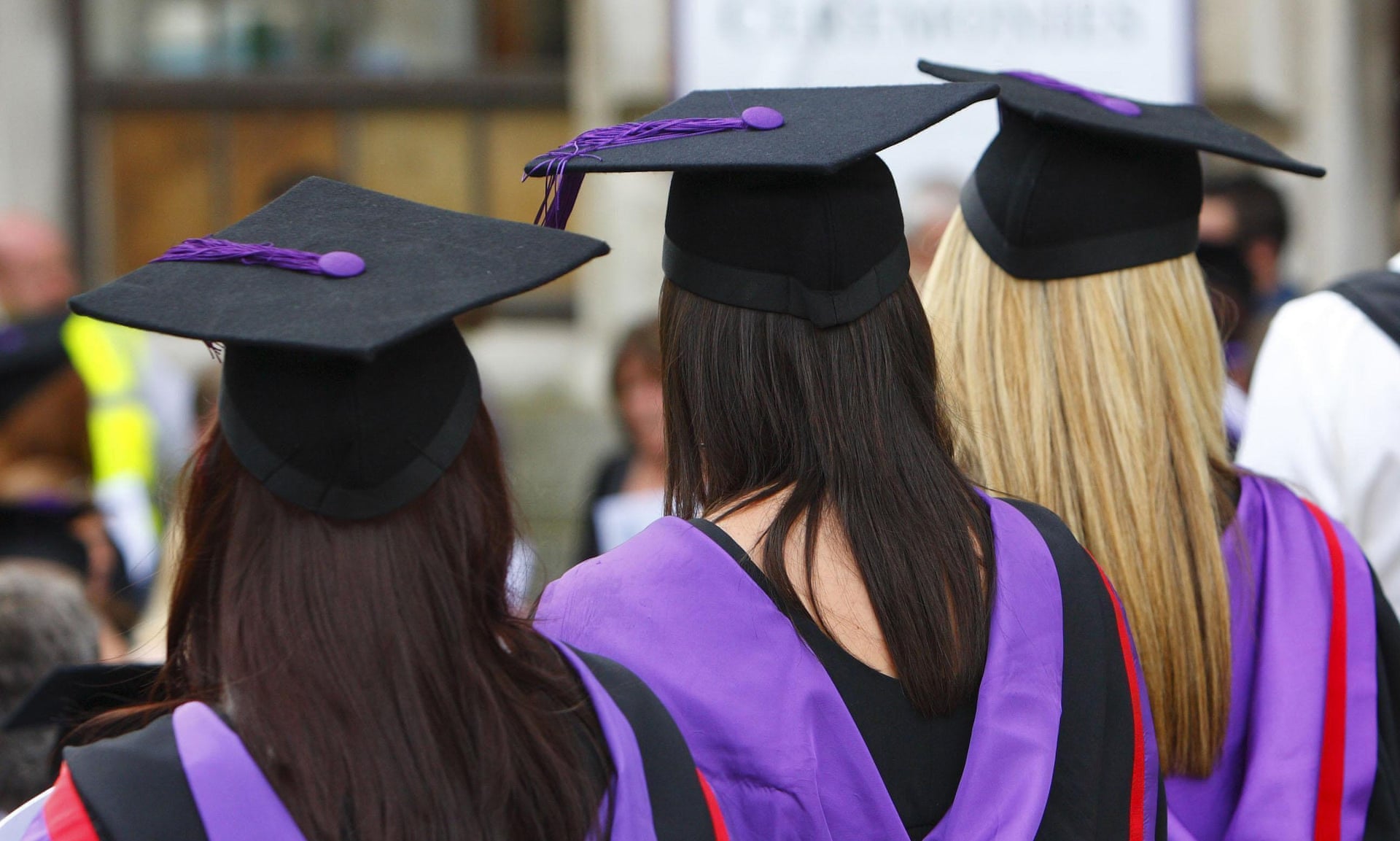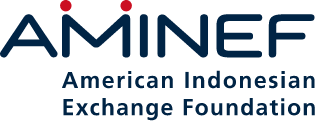The thinking behind the program has transformed my life – and I strongly encourage you to consider applying.
 What does it take to win a Fulbright award? In three words, writes Ranjana Srivastava: a good education. Photograph: Chris Ison/PA
What does it take to win a Fulbright award? In three words, writes Ranjana Srivastava: a good education. Photograph: Chris Ison/PA
Three months ago, Indians were witnessing communal violence, Syrian children were freezing to death and locusts were terrorising Africa. Venezuelans craved reform, China was oppressing minorities and Kiribati was sinking. Although the pandemic has wiped these issues off the front page, we will still need to reckon with them one day.
But at a time when mutual cooperation and problem-solving seems the only way forward, the world appears to be a confusing and partisan place where leaders take a special delight in skewering their opponents with language and conduct that would be banned on a playground.
When fealty and praise are valued above honesty and transparency, it’s hard for optimism to flourish.
Consequently, there is a real temptation for the average person to feel disempowered and hence disengaged from the issues facing broader society. Perhaps, if we can juggle endless Zoom meetings, avoid an argument at home and manage to cook something largely edible, it is enough. And maybe this is why I’ve been reflecting on something that serves as a fitting antidote to my own inward-looking tendencies.
Late February wasn’t so long ago but now it seems like another era when the Great Hall of the Australian parliament hosted a gala event to recognise the recipients of this year’s Fulbright awards.
The Fulbright program is the flagship foreign exchange scholarship program of the United States, aimed at increasing cultural understanding, collaboration and the exchange of ideas. It was established by Senator William Fulbright in 1946 by using credits from the sale of surplus war material to fund academic exchanges between host nations and the US. In the past 70 years, 400,000 Fulbright recipients from around the world have attended the program.
Being the fortunate recipient of a second Fulbright award to study public policy at the Harvard Kennedy School gave me much food for thought. Each year, several doctors receive a Fulbright and it’s easy to see why. After all, infections, diabetes, heart disease and cancer are ubiquitous threats to population health. Also, we need an opioid policy that limits harm while doing good and societies must ponder how artificial intelligence engages with healthcare.
But something I increasingly realise is that the status society accords to healthcare workers, especially frontline clinicians, can trick us into thinking that only health is wealth. Time spent with the sick and needy patients makes us rightly passionate about healthcare but of course, a civil society requires far, far more: good infrastructure, sound education, affordable housing, a clean environment, human rights, and able government to name but a few.
Consequently, my favourite part of a Fulbright event is meeting those who consider issues that I frankly know very little about. How do we defend our water assets? What will make solar energy more efficient? How do we nurture artists and musicians in a world obsessed with immediate outcomes? What minerals will help the transition to green energy? How do fish and grasshoppers affect our ecosystem? What afflicts our cotton and wheat? How do we tackle modern slavery, sports integrity and addictive gaming? How can we improve education? Why does space research matter? These are just some of the questions this year’s Fulbright scholars are asking on behalf of society.
As someone whose thinking as a doctor and a global citizen has been transformed by Senator Fulbright’s vision, I am often asked two questions.
What does it take to win a Fulbright award?
A good education, not to be confused with an elite upbringing. Most scholars neither attend prestigious institutions nor have “connected” families; indeed, many hail from small towns with scarce opportunities and even less patience for the problems of the world. But the common thread is they found one person who fired their imagination and challenged them to think differently. A sound early education opens doors by prompting broad curiosity, individual persistence and interdisciplinary collaboration. Incidentally, educated parents are writ large in the lives of Fulbright scholars. It was impossible for my Indian parents to entertain such an undertaking for themselves, but their education imbued them with a deep enthusiasm for learning.
A rising tide lifts all boats, which is why an excellent educational system is the foundation of a successful society and why we should demand early learning, pay teachers well, support higher education and applaud researchers.
In order to flourish, we all need someone who asks why not, instead of what for.
What are Fulbright scholars like?
They are ordinary people from all walks of life with one important attribute – they think deeply about an idea and are unafraid to take a measured risk in pursuit of a goal. Scholars spend years crystallising their thoughts and honing their case. There is no age limit and the oldest scholars have decades over the youngest.
Being bold enough to champion an idea yet humble enough to recognise one’s limitations matters. Vision is important. But most important is grit and the ability to persevere in the face of rejection, something everyone eventually encounters. A society thrives not just by producing scholars but by equipping all its citizens to discover their potential. Again, this is the real power of a good education.
The final address to this year’s Fulbright scholars came from Sara James, an Emmy award-winning American journalist and author who barely alluded to her considerable personal accomplishments. But you could hear a pin drop when she evoked the experience of raising a child with a disability and the inevitable collision of personal ambition with parental responsibility and societal advocacy. Delivered with grace and humility, her words were an unforgettable reminder that in life, reward and responsibility are frequently intertwined and it is up to us to take some and give back substantially more.
Senator Fulbright memorably called his namesake program not a panacea but an avenue of hope that would give us “the ability to see the world as others see it and to allow for the possibility that others may see something we have failed to see, or may see it more accurately.” Never have his words sounded more prophetic.
You may be the next Fulbright scholar, or indeed, the reason someone decides to apply. Either way, applications are now open to find another group of curious thinkers. Go ahead and have a look.
Last Updated: Jul 31, 2022 @ 8:37 pm




